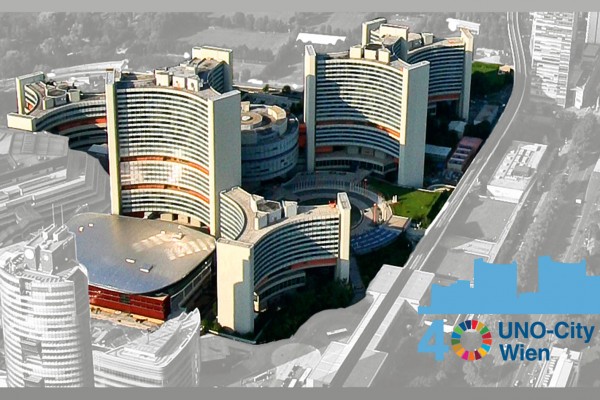Sponsored Content
International Narcotics Control Board Emphasizes Drug Control and Global Cooperation
The International Narcotics Control Board (INCB) highlighted the significance of the licit trade in narcotic drugs, psychotropic substances, and precursor chemicals in achieving health and welfare objectives in a session in Vienna.
 The International Narcotics Control Board (INCB) successfully concluded its 137th session, which focused on monitoring the implementation of international drug control conventions and assessing the effectiveness of the global drug control system. / Picture: © UNOV United Nations Office at Vienna
The International Narcotics Control Board (INCB) successfully concluded its 137th session, which focused on monitoring the implementation of international drug control conventions and assessing the effectiveness of the global drug control system. / Picture: © UNOV United Nations Office at Vienna
The International Narcotics Control Board (INCB) successfully concluded its 137th session, which focused on monitoring the implementation of international drug control conventions and assessing the effectiveness of the global drug control system. The session, held in Vienna, also highlighted the significance of the licit trade in narcotic drugs, psychotropic substances, and precursor…
or Log In
Fast News Search





